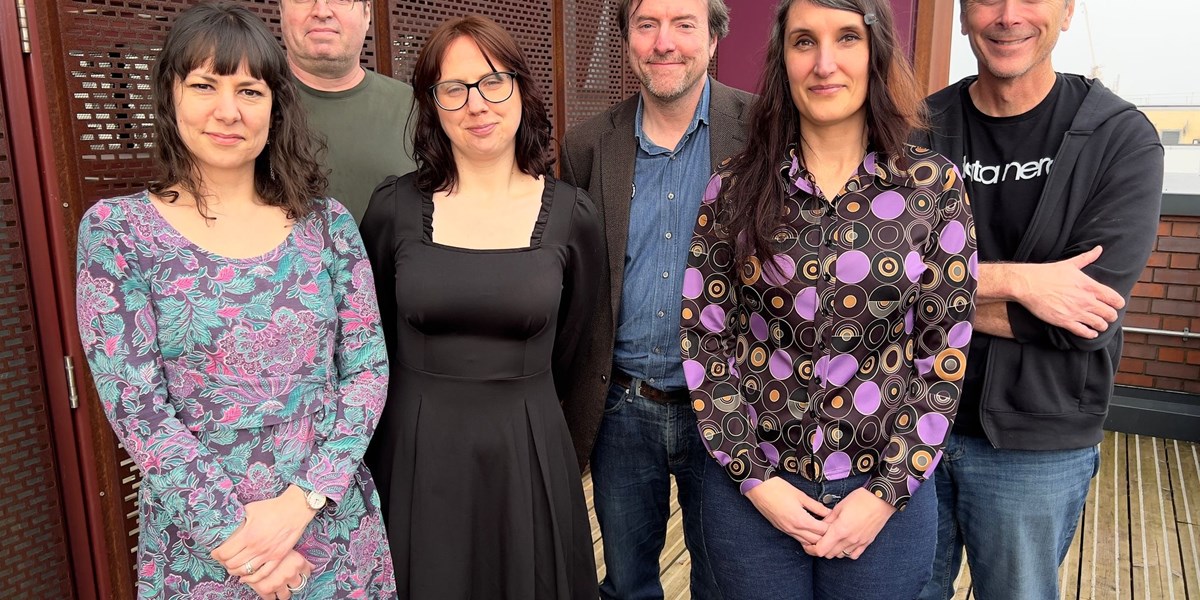Wednesday, May 28, 2025
Question Time
Progress is being made as the National Folklore Survey for England’s questions take shape

National Folklore Survey for England's project team

Register now to continue reading

Thanks for visiting the Songlines website, your guide to an extraordinary world of music and culture. Sign up for a free account now to enjoy:
- Free access to 2 subscriber-only articles and album reviews every month
- Unlimited access to our news and awards pages
- Our regular email newsletters

